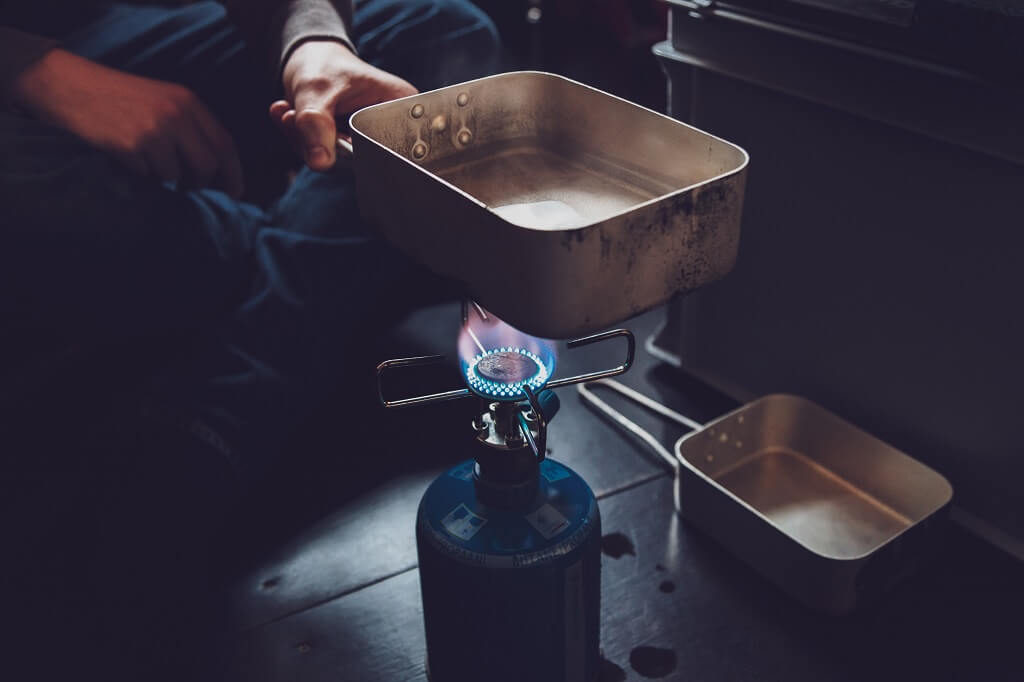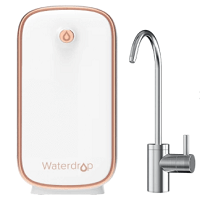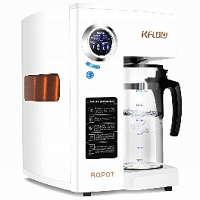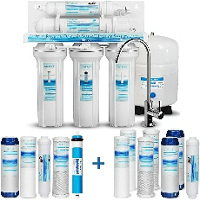People use different techniques in water purification to prevent diseases. The most popular water purification techniques are boiling and filtering. However, which is the healthier and more beneficial option?
When looking at purification methods for tap water, it is essential to consider the pros and cons of each method. Although both water purification methods can kill bacteria and remove impurities, their effectiveness varies.
Boiled Water
Boiling has been a water purification technique for thousands of years; people boil water to filter out contaminants and remove impurities. However, does boiling water purify it? How effective is boiling?
Pros of Boiling Tap Water
Boiling water can kill harmful bacteria because of its high heat; it is a simple and effective way of purifying water at home or in the wilderness. Most microorganisms cannot survive more than 30 minutes in water whose temperature is above 160 degrees Fahrenheit; notably, water boils at 212 degrees Fahrenheit. Another benefit of boiling water is mineral retention; boiling retains the minerals present in tap water. Furthermore, drinking warm water offers health benefits like improving blood circulation and digestion.
Cons of Boiling Tap Water
Boiling does not require you to buy any new equipment; therefore, the method seems cost-effective. Contrarily, boiling water is quite expensive because of its impact on your energy bill. Another downside to boiling water is how time-consuming it is. Purifying your water through boiling requires you to wait several minutes to boil and wait for it to cook, except you want to drink your water hot.
In addition, boiling water only removes solids and bacteria; it cannot remove harmful substances like lead and chlorine from tap water. Boiling tap water that contains lead concentrates the contaminant rather than remove it. Furthermore, boiling doesn’t eliminate all bacteria or remove all chemicals present in tap water. You can only achieve this by using a water filter.
Filtered Water
You get filtered water by passing tap water through a water filtration system. There are various systems and ways of filtering water, and they are all working towards removing water contaminants in your home.
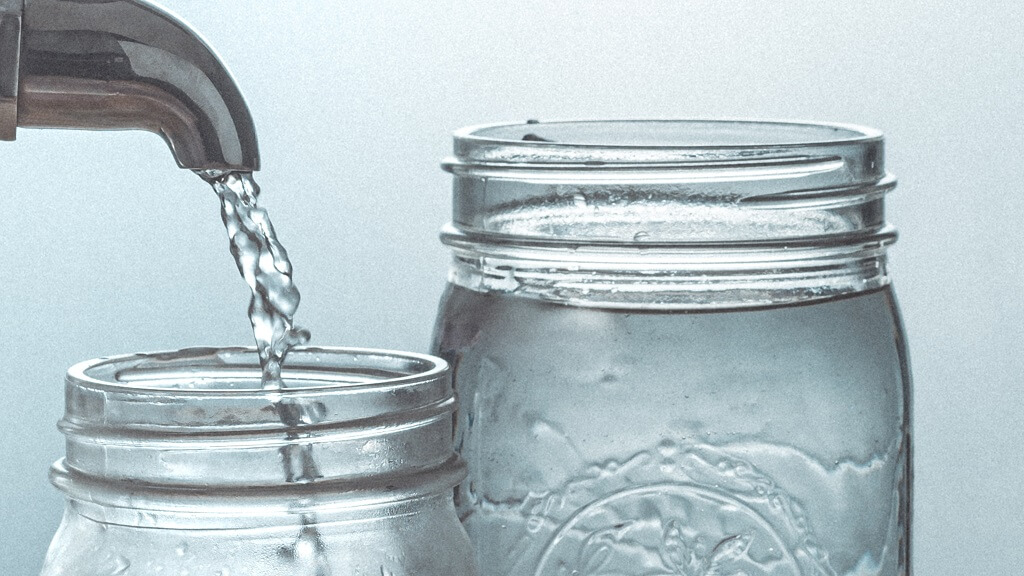
Pros of Filtering Tap Water
In comparison to boiling, water filtration is faster, and it enables people to enjoy clean, healthy water just by touching a button or lifting a faucet handle. In addition, filtered water has higher standards in water purification than boiled water. Also, groups like the National Sanitation Foundation (NSF) rate water filters according to their removal effectiveness.
Furthermore, filtered water is healthier for drinking, better for your skin when showering, and suitable for keeping your clothes fresh during laundry. Several water filtration options, including under sink, whole house, and shower filters, allow you to choose where and how you want to use a water filtration system in your home.
Cons of Filtering Tap Water
Filtering tap water doesn’t have health complications. Nevertheless, you have to consider the type of system and the cost of future replacements.
Comparing Boiled and Filtered Water
There has been a lot of confusion regarding how to ensure drinking water is safe and healthy. Nevertheless, the overwhelming conclusion is that filtered water is better than boiled water.
When comparing boiled and filtered water, it is established that boiling water does not completely purify water because it doesn’t remove harmful contaminants like lead and chlorine. In addition, using a water filter is much more convenient in helping you enjoy healthy, great-tasting water by just touching a button or lifting a handle rather than waiting for water to boil and cool. Furthermore, from a health perspective, a water purifier helps remove microorganisms and eliminate physical impurities, chemicals, and contaminants to provide you with pure, clean drinking water continuously.
Generally, filtered water provides a host of benefits, including health-wise, than boiled water.
Shopping Guide for The Best Water Filter
Waterdrop D4 Reverse Osmosis System for Home
The Waterdrop D4 Reverse Osmosis System has innovative technology and design that integrates different filtration materials in a 5-in-1 composite filter. The reverse osmosis system achieves an optimized filtration effect by using the least space. The system also has a tankless design that makes it small to save space under the sink. The system’s integral waterway design eliminates connectors in the internal water tubing, thus lowering water leakage and bacterial growth risks. The reverse osmosis water filtration system requires replacement once a year, and you can open the front panel and remove the old filter during replacement.
KFLOW Countertop Reverse Osmosis System
The KFLOW reverse osmosis system has unmatched double RO filters with 0.0001-micron filtration accuracy, allowing water molecules to pass and ensuring pureness. The system also has a 4-stage filtration system that accelerates filtration and works with precision compared to the single RO water filter. In addition, the system has a smart indicator that allows checking water quality and working mode with a glance. The electronic indicators display also notifies you when the filters need replacement. Although the default volume is 1.7L, you can also press the water volume button to select water volume of 0.5L, 1L, and 1.5L.
Geekpure 5-Stage RO System
The Geekpure 5-stage RO system effectively reduces contaminants by about 90%, including arsenic, lead, fluoride, cadmium, heavy metals, and numerous pollutants. The system also filters down to 0.0001 microns to enable you to experience fresh, safe water for use in baby formulas, teas, coffee, better tasting foods, and crystal-clear ice cubes. In addition, the filtered water is refreshing and has a better taste than most bottled water.
The premium quality component of the RO system ensures high reliability and low maintenance for many years. The all-tube quick push fittings, storage tank, and RO membrane are NSF certified to provide healthy, pure water.
Conclusively
As much as water purification is necessary, the method of purification is much more important. Filtered water is safer, cleaner, and healthier than boiled water because most contaminants are filtered out. A reverse osmosis system is ideal for filtering water to give you refreshing, great-tasting water.

